Using conference calls for interviews – particularly in the preliminary stages – can be a really great idea with a whole host of benefits for both interviewers and interviewees. Thanks to the availability of genuinely free conference calls, a great deal of money can be saved on the cost of commuting and renting appropriate meeting spaces. It can also be a really good way to help good applicants to feel slightly more relaxed and able to talk comfortably, as they will be in an environment familiar to them.
What’s more, a preliminary screening using conference calls can be an excellent way to generate a select list of promising applicants that you wish to invite to speak with in person. This can save a great deal of time overall.
Of course, if it’s a new idea to you, you might want to look at some tips for interviewing via teleconferences before you jump in. To help give you a rough idea of how you may want to carry out your virtual interviews, we have put together a mock plan that will get you started!
1) INTRODUCTION
It’s important that everybody on the call can feel at ease from the outset. Advice for conference calling with strangers is available, but you should also take into consideration the added pressure that comes from the setting of an interview in itself. Take a few moments for friendly but professional introductions. You might like to explain how the teleconference is included in each caller’s bundled minutes and is consequently totally free, so that nobody feels unnecessarily rushed or unfairly made to shell out money.
In an audio meeting, it is especially important that everybody does make a significant contribution in the introduction stage, as voices are all that people will have to recognise each other and be able to make out who is speaking, so make sure each of the interviewers has prepared enough to say for their own introduction, and that you have plenty of polite questions to ask the interviewee before the formal part of the interview begins. When thinking about the kinds of questions you should ask, remember to keep them fairly neutral. It’s okay to ask some more personal questions if it feels invited, but remember to keep things professional.
At this point you might also like to outline the structure of the interview, so that everybody is clear about what to expect. Explain a little bit of detail about your company, as well as the specific job role being interviewed for.
2) FACT BASED QUESTIONS
These are really useful for simply checking information that perhaps wasn’t included on the CV, such as exactly how long the interviewee worked with a certain company, or what they did during a period of time unaccounted for on their CV. If you think some of what they have written may be slightly untrue, simple questions like this can help to verify and give you an idea of whether the CV is totally honest – a quarter of UK CVs are estimated to include falsehoods.
You might also like to ask about why the candidate is interested in pursuing the particular line of work being interviewed for, or where they hope to end up. Fact based questions are a relatively simple and easy way to begin the interview, and can help set the applicant at ease, as well as clarifying necessary information for you before you begin.
3) BEHAVIOURAL QUESTIONS
Behavioural questions are considered by many seasoned interviewers the best indicators of an applicant’s potential future performance. This is simply because past behaviour is a great indicator of future behaviour, so finding out what the interviewee has been like in previous positions is a really good thing to find out.
Behavioural questions are any that ask about a person’s behaviour: ‘can you tell me about a time in which you and a team encountered a problem, and how you worked together to solve that problem?’. You should try to keep these questions quite specific, and relevant to the criteria that you consider crucial for the position you are interviewing for.
A note on question style
Asking open ended questions like the one above is always better than asking simpler questions that can be answered with a simple yes or no e.g. ‘do you work well in a team?’. Open questions require genuine examples, elaboration and explanation. They allow you, as the interviewer, to get a better impression of whether the applicant does indeed work well in a team, as you will be able to judge whether the situation they describe really happened, rather than them simply answering ‘yes’, as they almost certainly would. If you think it might be quite difficult to make out whether somebody is making up their described behaviour, you might want to read up on our tips for understanding vocal cues on the phone so that you have a little more confidence in judging somebody’s true feelings while they speak.
These kinds of answers also justify the use of conference call recording. You will have hard evidence of what an applicant has claimed they have done in the past, which you can then check with previous employers and references. This will give you a really good idea of how honest it’s likely the interviewee was throughout, and give you a chance to talk to other people who have worked alongside your potential employee.
4) BRING IT TO A CLOSE
At this point, you should give the interviewee an opportunity to ask any questions that they might have, or whether there might be anything they would like to add. Thank the candidate for taking the time to dial into the call, and explain what they can expect to happen next. Of course, you can’t give an indication at this point of whether their application has been successful, but you can give an idea of when they can expect to hear from you. You might be conducting another round of interviews in person, for example, or know that you will be sending out emails within the week.
5) REVIEW THE APPLICANT WITH YOUR FELLOW INTERVIEWERS
Check with each other how each interviewee performed according to your agreed upon rating system. An example of such a system could be that for each answer, you give a score from 1 to 3 of how fully the answer satisfies your criteria for the position. This is also a great point to make the most of the free conference call recording offered by conference call bridges like WHYPAY?, as you can easily settle any disputes or uncertainties about how a candidate answered a specific question, and refresh your memories of your overall impression of each one before you create a shortlist.
Thanks to conference calling, you will be able to have interviewed the very best candidates for your position, as geographical location will not be a deterrent for applying – particularly as working away from the office becomes more and more common. Moreover, regardless of whether one of the interviewers has another meeting to attend thousands of miles away, they can still participate in the call, or at the very least listen to recordings of the interviews, so that as a team you come to the best possible decision and make the most beneficial choice for your company.




